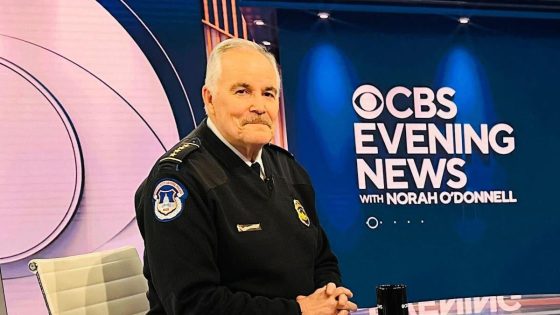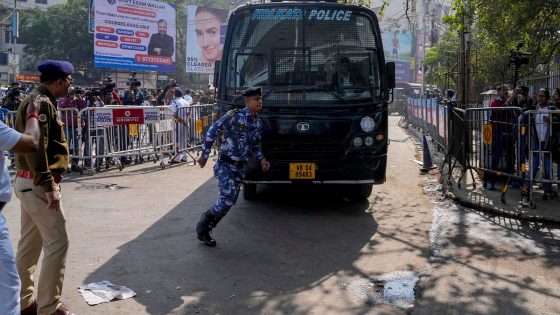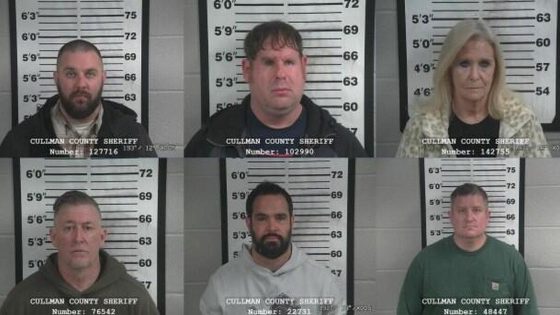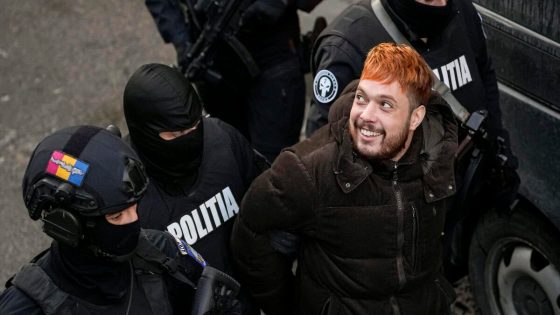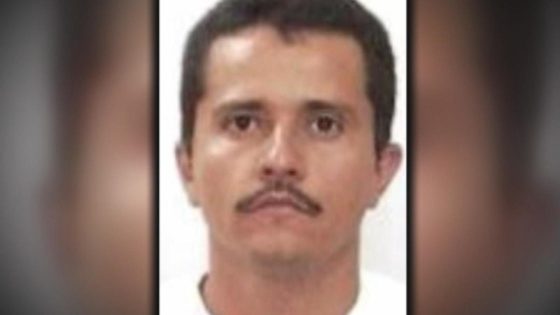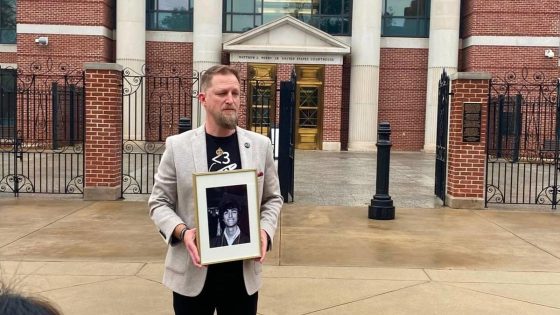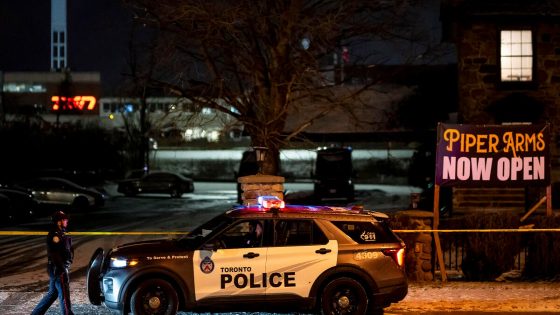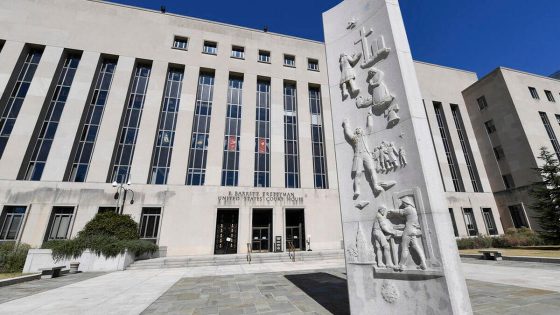In the aftermath of the tumultuous events surrounding the U.S. Capitol riot on January 6, 2021, a significant political maneuver has stirred a wave of concern among law enforcement. On a Monday night in January 2025, President Trump granted clemency to approximately 1,500 individuals convicted or still facing charges associated with the attack on the Capitol, a move that has provoked anguish and disillusionment among the ranks of the U.S. Capitol Police. Chief Thomas Manger, who leads the department responsible for protecting the Capitol and its personnel, did not mince words when discussing the implications of this decision.
- Capitol Police Chief criticizes Trump's pardons.
- Concern over police officers' morale expressed.
- Trump granted clemency to 1,500 defendants.
- Over 140 officers assaulted during Capitol riot.
- Manger disapproves of Biden's Peltier commutation.
- Importance of community support for officers emphasized.
“I think it sends the message that politics is more important than policing,” Manger remarked in an interview with a prominent news outlet the following day. His comments directly reflected the sentiments of many in his department—officers who have dedicated their lives to upholding the law now questioning the very system they serve.
The pardons included individuals convicted of serious violent crimes, including some who assaulted police officers during the chaotic showdown that interrupted the certification of President Biden’s electoral victory. Manger pointed out that more than 140 officers from various law enforcement agencies were assaulted that day, with over 170 defendants charged with using deadly or dangerous weapons against officers. The unrest saw officers subjected to brutality, leaving lasting scars not only on the physical body but also on their morale and sense of duty.
Manger’s worries run deep as he considers the future of policing in this politically charged environment. “I’m concerned for my officers. I’m concerned about what message they get from these actions,” he stated. The chief emphasized that the clemency could lead officers to question their safety and dedication when putting themselves at risk to protect the community. This sentiment is echoed by many within the force, who have expressed their anger and frustration at the apparent lack of accountability for those who engaged in violence against them.
The scene on January 6, 2021, was chaotic and violent as a mob stormed the Capitol building—an event that has been seared into the collective memory of the nation. The rioters aimed to overturn the democratic process, and in doing so, they directly confronted law enforcement officers tasked with maintaining order. In the days that followed, the Justice Department launched extensive investigations to ensure those responsible faced justice, creating a massive effort under the Biden administration to hold attackers accountable.
Yet now, many officers feel that a two-tier system of justice is at play, wherein political considerations override accountability. “My concern is the message that it sends when people who are arrested for committing violence against police officers are not held to account,” Manger shared. His words revealed a deeper apprehension about the implications of this clemency on the efficacy and morale of his officers moving forward.
Even in this politically charged atmosphere, Manger expressed an enduring commitment to the safety of his officers: “Cops will willingly put themselves in harm’s way, and they don’t ask a lot,” he affirmed. He knew what was at stake—officers must feel the community has their backs, especially when they confront risks to uphold public peace.
Caught in this quagmire is also the broader historical context of police relations in America, an issue complicated by previous acts of clemency, such as President Biden’s commutation of Leonard Peltier’s life sentence, a move that Manger criticized as “sends a pretty poor message” to law enforcement. Peltier was convicted of killing two FBI agents in 1975, and even decades later, the repercussions of such decisions can reverberate across departments nationwide.
As the political landscape continues to shift, the future of the Capitol Police remains uncertain. Manger’s fears about the support and morale of his officers are compounded by an increasingly polarized environment. “I don’t want them handling some protest or making some arrest in the future and scratching their head wondering, ‘Well, I wonder what’s going to happen with this case?’” The potential implications of the recent clemency resonate not just within the force but throughout communities as they grapple with the evolving nature of law enforcement and accountability.
Looking ahead, the path remains unclear as investigations related to January 6 unfold and broader discussions on policing and political accountability progress. For now, Manger and his team brace themselves, facing a challenging future with the weight of political decisions hanging heavily upon them, uncertain of the ground they stand on as they navigate their roles as guardians of democracy.



